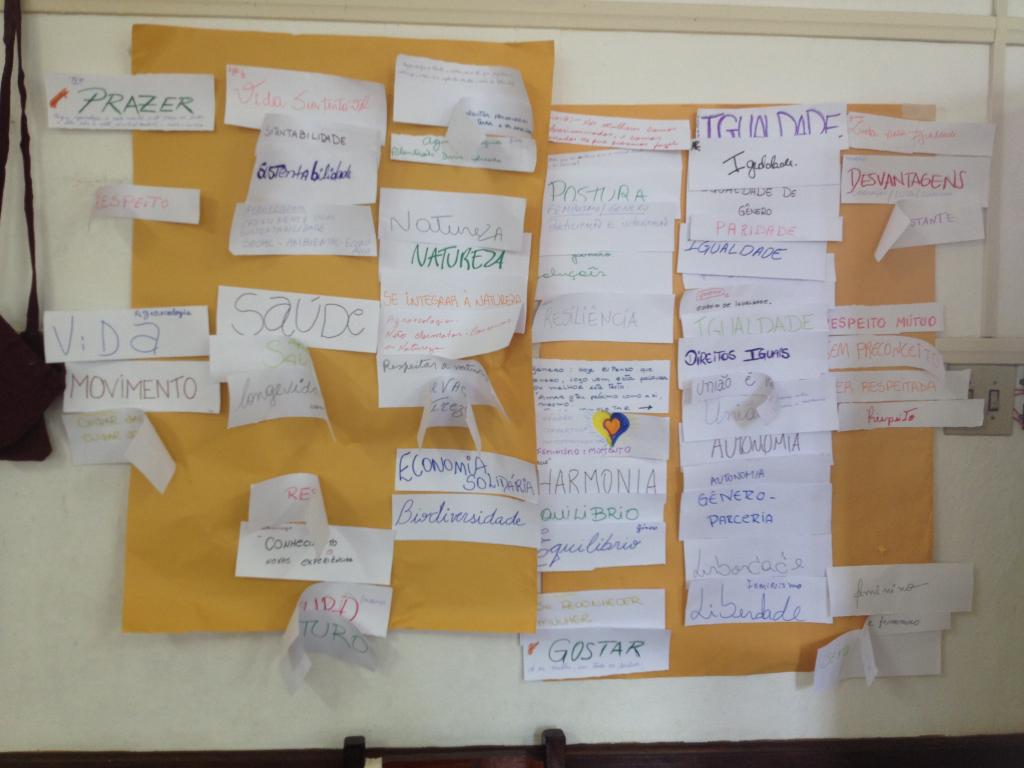Social and solidarity economy (SSE) has a potentially important role to play in reorienting economies and societies toward more equitable, inclusive and sustainable development. But it can only be truly transformative if it also addresses the reorganisation of social reproduction (that is, by which society reproduces itself), integrating the political goals of gender equality and more equitable power relations.
Even though women play a major role in SSE activities, until very recently the interest of both academics and policy makers in SSE has lacked a gender perspective. Feminist research on unpaid care and domestic work is only beginning to inform policy making and implementation on the ground, and SSE activities that relate to social reproduction are often under-recognized. The different social relationships and gender hierarchies at work in SSE typically lack a feminist analysis.


